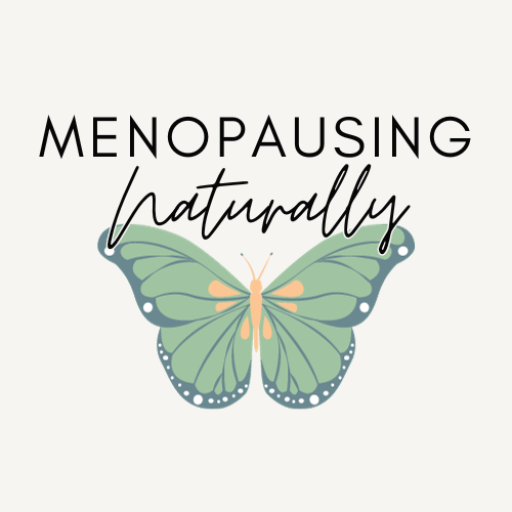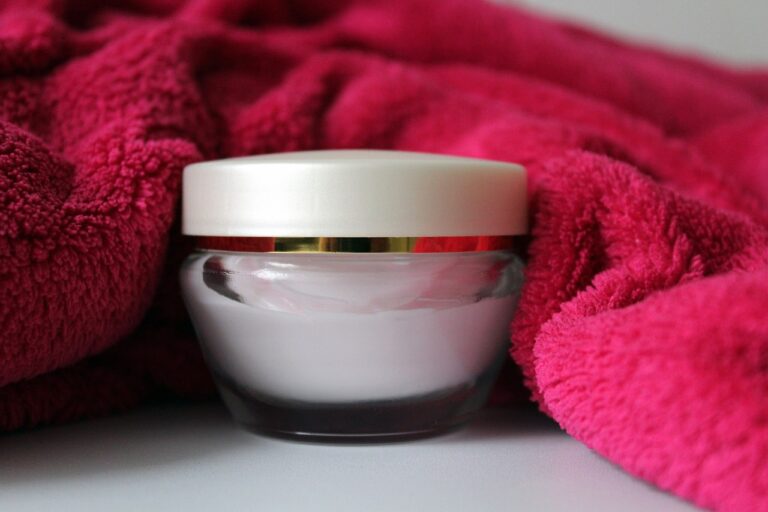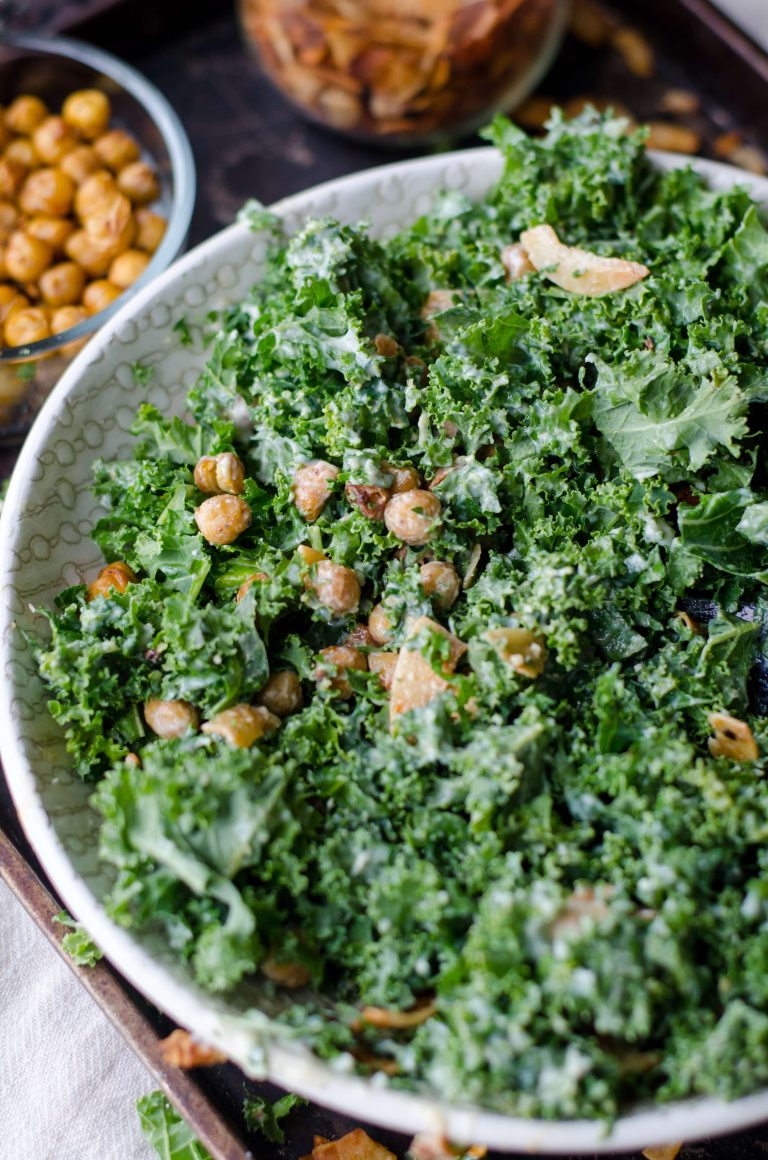Vitamin C and Menopausal Health: Strengthening Immunity
Menopause is a natural phase in a woman’s life, marking the end of her reproductive years. Along with this transition comes a shift in hormonal balance, which can have an impact on the immune system. Understanding the role of essential nutrients, such as Vitamin C, is crucial in maintaining optimal health during this significant life stage.

Introduction to Vitamin C and Menopausal Health
Vitamin C, also known as ascorbic acid, is a potent antioxidant that supports various bodily functions, including immune response. Its importance becomes even more pronounced during menopause, as hormonal fluctuations can potentially affect the body’s ability to fend off infections and maintain overall well-being.
The Immune-Boosting Power of Vitamin C
- Enhanced Immune Cell Function: Vitamin C plays a pivotal role in the production and function of immune cells, such as lymphocytes and phagocytes, which are essential in defending the body against pathogens.
- Reduced Inflammation: Menopausal women may experience increased inflammation due to hormonal changes. Vitamin C helps mitigate this by suppressing the production of pro-inflammatory cytokines.
- Improved Wound Healing: Vitamin C is vital in the synthesis of collagen, a protein crucial for wound healing. This is particularly relevant for women going through menopause, as maintaining skin health becomes a priority.
Incorporating Vitamin C into Your Diet
Vitamin C-Rich Foods
- Citrus Fruits: Oranges, lemons, grapefruits, and limes are renowned for their high Vitamin C content. Including a variety of citrus fruits in your diet can provide a substantial boost to your immune system.
- Bell Peppers: Red, yellow, and green bell peppers are excellent sources of Vitamin C. They can be enjoyed raw in salads, as crunchy snacks, or cooked in various dishes.
- Leafy Greens: Spinach, kale, and Swiss chard are not only rich in fiber and other essential nutrients but also contain appreciable amounts of Vitamin C.
- Berries: Strawberries, blueberries, and raspberries are not only delicious but also pack a punch in terms of Vitamin C content. They can be incorporated into smoothies, yogurt, or enjoyed on their own.
- Broccoli and Brussels Sprouts: These cruciferous vegetables are not only nutritious but also provide a significant dose of Vitamin C. They can be steamed, roasted, or added to stir-fries.

Check out these vitamin C-rich recipes
Vitamin C Supplements: A Consideration
While obtaining Vitamin C from natural food sources is ideal, supplements can be considered to meet daily requirements. However, it’s essential to consult with a healthcare professional before starting any new supplementation regimen.
Strengthening Immunity: A Holistic Approach
Recognizing the pivotal role of Vitamin C in bolstering the immune system during menopause is a significant step towards prioritizing overall health and well-being. By incorporating Vitamin C-rich foods into your diet and considering supplementation under professional guidance, you can navigate this phase with enhanced vitality.
FAQs
1. Can Vitamin C supplements replace a balanced diet rich in fruits and vegetables? While supplements can help meet daily Vitamin C requirements, they should complement a balanced diet rather than replace it. Whole foods provide a range of essential nutrients that work synergistically for optimal health.
2. Are there any side effects associated with high Vitamin C intake? Excessive consumption of Vitamin C supplements can lead to digestive discomfort, such as diarrhea or stomach cramps. It’s advisable to follow recommended dosage guidelines.
3. Can Vitamin C prevent all illnesses? While Vitamin C supports immune function, it cannot guarantee immunity against all illnesses. It is one component of a comprehensive approach to health.
4. Can Vitamin C help with skin aging during menopause? Yes, Vitamin C’s role in collagen synthesis contributes to skin health, potentially reducing signs of aging. However, it is just one aspect of a holistic skincare regimen.
5. Can Vitamin C interact with medications or medical conditions? Yes, Vitamin C supplements can interact with certain medications and medical conditions. It’s crucial to consult with a healthcare professional before starting any new supplementation.
6. Can Vitamin C supplementation be beneficial for menopausal women with specific health concerns? Yes, Vitamin C may offer specific benefits for menopausal women, such as supporting cardiovascular health and managing symptoms like hot flashes. However, individual circumstances vary, and professional guidance is advised.
Conclusion
Prioritizing Vitamin C as a cornerstone of your menopausal health regimen can significantly enhance your overall well-being and immune function. By incorporating Vitamin C-rich foods into your diet and considering supplementation under professional guidance, you empower yourself to navigate this transformative phase with vitality and resilience.







